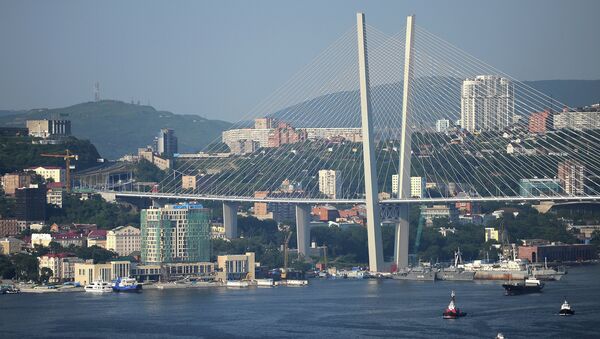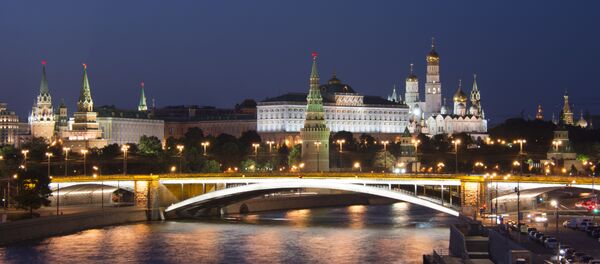“Historic and ideological factors have far less of an impact on Russia’s behavior in Asia than they do in Europe,” the author says.
Russia faces only one territorial dispute in the region, and that is with Japan, however it can hardly be regarded as a source of a potential military peril.
Russia carefully avoids being drawn into conflicts between other regional powers, as for example, the territorial dispute between China and Japan over the Diaoyutai Islands (Senkaku Islands in Japanese) in the East China Sea.
However Russia can come up with common regional security initiatives in support of its status of an influential world power. Although its major interest in the region is diversified trade and economic ties with all large regional powers.
In this respect Japan is the only regional economy which is able to rival China as Russia’s major regional partner.
The expert has also defined any possible problems Russia might encounter in the region.
Among the less likely is the threat of potential conflicts with the largest regional powers, such as the US and China.
The key objective for Russia’s presence in the region would be further abstaining from the territorial disputes of the regional powers. However Moscow voices criticism of Washington’s interference in the territorial claims in the South China Sea.
Russia will gradually expand its cooperation with Japan in the sphere of security – moving from simple to more complex formats, building up communication channels between the armed forces and other national security structures of both countries,
Russia is unlikely to take any steps which could undermine its ties with China, however, the expert suggests that closer cooperation with Japan will allow Moscow to further abstain from sharp regional conflicts and avoid the monopolization by China of all the economic ties with its Far East.
Such cooperation with Japan could allow it to build up communication channels which will be of particular importance in case of a large-scale military crisis in the region.




